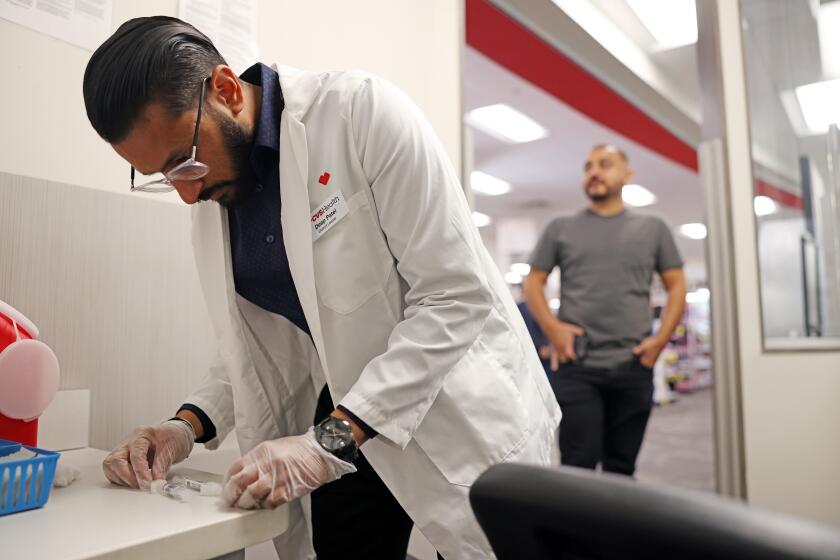Exam Answers
Dear Mayo Clinic: I am age 70 and had a complete hysterectomy about 20 years ago for benign fibroids. Do I need to get a gynecological exam every year when I’m not having any problems? I do get a mammogram every year.
Answer: You can probably safely skip the annual gynecological exam given you had a hysterectomy (uterus removal) for a benign condition, you have never had an abnormal pap smear, and you aren’t having any problems. The purpose of a Pap smear, also called a Pap test, is to collect cells from your cervix, which is the lower portion of your uterus. Examination of the cells under a microscope can detect if you have cervical cancer or suspicious cells that indicate you may develop cervical cancer. Because your cervix was removed during surgery, you are unlikely to need a Pap smear, but you should discuss your particular situation with your health care provider.
It’s important to realize that a gynecological exam is more than a Pap test. Generally, an exam includes:
•Careful visual inspection and examination of the outside of the genitals (vulva).
•Examination of the vagina and cervix using an instrument called a speculum.
•A smear of the cervical or vaginal tissue (Pap smear) to look for evidence of cervical or vaginal cancer/pre-cancer.
•Manual examination of the uterus, ovaries and rectum for a variety of abnormal conditions.
Another consideration is the specific nature of your hysterectomy. The term “complete hysterectomy” is general and may or may not mean the removal of your ovaries. If your ovaries were removed as part of your hysterectomy, you aren’t at risk for ovarian cancer and no longer need annual screening for this.
In some cases, ovaries are left in place during a hysterectomy. If that’s your situation, you still would benefit from annual check of the ovaries during a gynecological exam.
New sexual partners are another reason to continue annual exams. With new partners, you are at risk for sexually transmitted diseases such as the human papillomavirus (HPV), which can lead to precancerous changes involving the vulva and the vagina. In this situation, you should restart Pap smears of the vagina.
For women who haven’t had a hysterectomy, regular gynecological exams are important throughout the adult years. Pap tests should begin within three years of becoming sexually active or by age 21. After three normal tests, women with the same partner can reduce the frequency of Pap tests to every three years.
After age 65, women with a history of normal results may opt out of Pap test screening. Those who have had abnormal Pap test results or risk factors for cervical cancer should discuss their need for future screening with their health care provider.
With or without a hysterectomy, when new or problematic gynecologic symptoms arise, see your doctor. Symptoms might include bleeding, discomfort, vaginal itching, vaginal discharge, or urine or stool leakage.
And even if you no longer need an annual gynecological exam, it doesn’t mean you’re done with annual doctor visits. For example, a clinical breast exam and mammogram are still recommended every year.
—Petra Casey, M.D., Obstetrics and Gynecology, Mayo Clinic, Rochester, Minn.
The Mayo Clinic column is an educational resource and doesn’t replace regular medical care. E-mail a question to medical edge@mayo.edu, or write: Medical Edge from Mayo Clinic, c/o TMS, 2225 Kenmore Ave., Suite 114, Buffalo, N.Y., 14207. For more information, visit mayoclinic.org.



